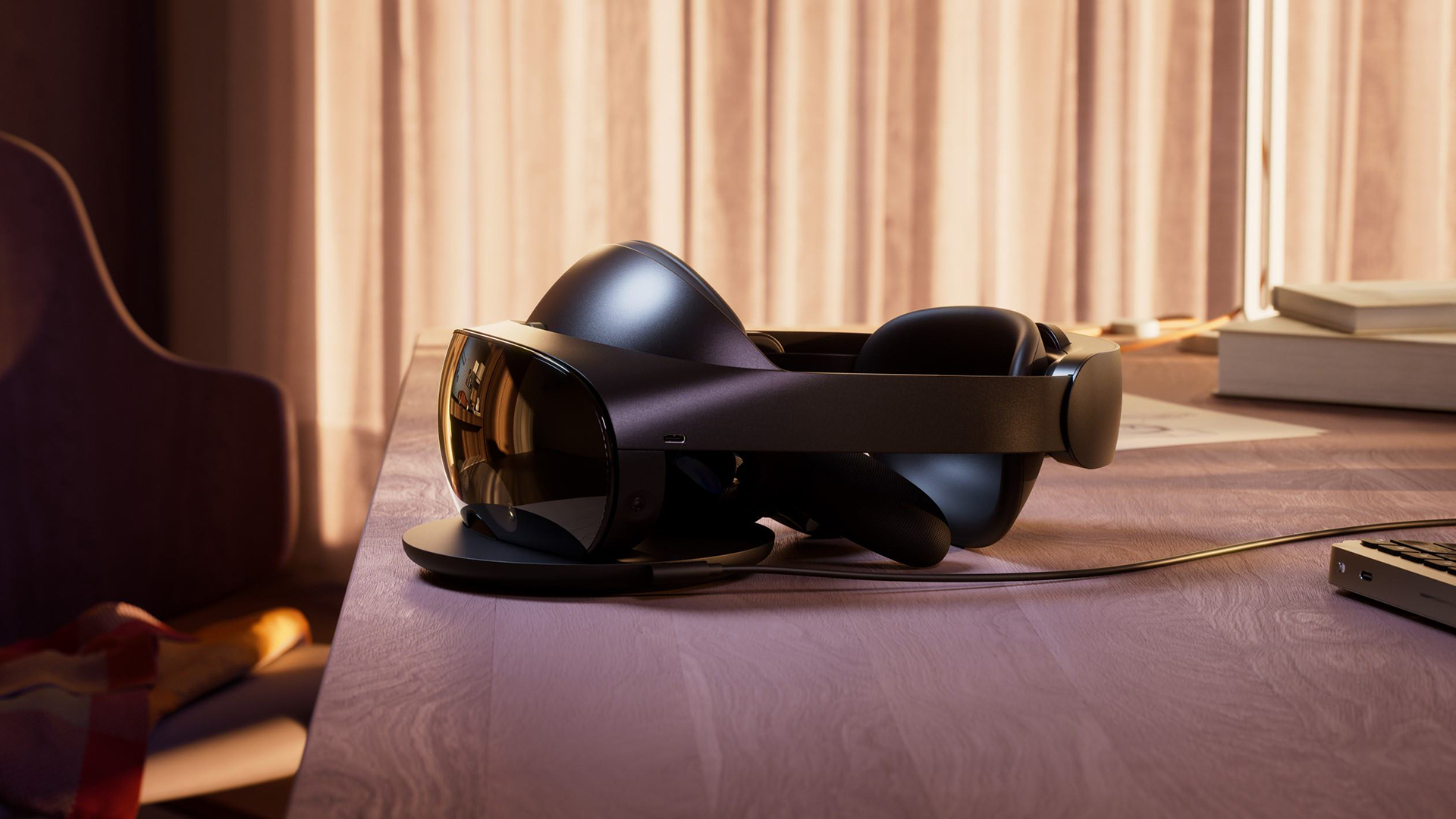- Meta had a bad year and restructuring cost the firm as much as $4.1 billion.
- Reality Labs, the division behind the Metaverse posted an operating loss of $4.3 billion.
- This dip is thanks to a number of factors including sales of the Quest 2 falling short on expectations.
Despite Mark Zuckerberg’s vision of a Metaverse costing Meta dearly, the chief executive is still set on making the Metaverse a reality.
In it’s financial results for the fourth quarter of 2022 and the full year Meta revealed that costs and expenses were up while revenue and net income were all down.
Net income for the fourth quarter of the year amounted to $4.65 billion, a 55 percent decrease from the same period in 2021. For the year, net income came in at $23.2 billion, a 41 percent drop compared to 2021.
One area Meta says that badly impacted its revenue was it’s restructuring efforts at the end of the year which included the dismissal of some 11 000 employees. This along with Meta’s facilities consolidation strategy to sublease, early terminate, or abandon several office buildings under operating leases as well as the cancellation of multiple data center projects cost Meta $4.1 billion. Of that figure just $975 million was earmarked for severance and “other personnel costs”.
As for Reality Labs, things aren’t looking good. The division operated at a loss of $4.3 billion, revenue from the division was down 17 percent thanks to lower than anticipated sales of the Quest 2 headset.
And things aren’t going to get any better according to Meta’s chief financial officer Susan Li.
“On Reality Labs, we still expect our full year Reality Labs losses to increase in 2023, and we’re going to continue to invest meaningfully in this area given the significant long-term opportunities that we see. It is a long-duration investment, and our investments here are underpinned by the accompanying need to drive overall operating profit growth while we’re making these investments,” Li said while answering questions in an earnings call.
Most of that investment, it was later revealed, is going towards developing the tech folks will use in the Metaverse including headsets, glasses and of course the software needed to run this tecnology.
However, Mark Zuckerberg himself concedes that the first time folks will experience the metaverse is on a smartphone. That’s if they want to experience it at all.
In October 2022 it was reported that Horizon Worlds – Meta’s virtual reality space – had a user base of 200 000 users, a 100 000 drop from the 300 000 users it was said to have had in February 2022 according to Forbes.
While Meta may have grand plans for working in VR even those use cases are limited right now.
“We’re already seeing developers build out some impressive new experiences
like Nanome for 3D modeling molecules and drug development, Arkio for architects and designers to create interiors, and of course a lot of great games,” Zuckerberg said.
However, a study conducted last year found that working in VR was worse than working without VR in almost every metric including frustration, productivity and well being.
One slice of good news for Meta is that Facebook now boasts two billion daily active users. This is great news for businesses advertising on Facebook, especially since ad impressions across Meta’s family of apps increased by 18 percent year-on-year.

